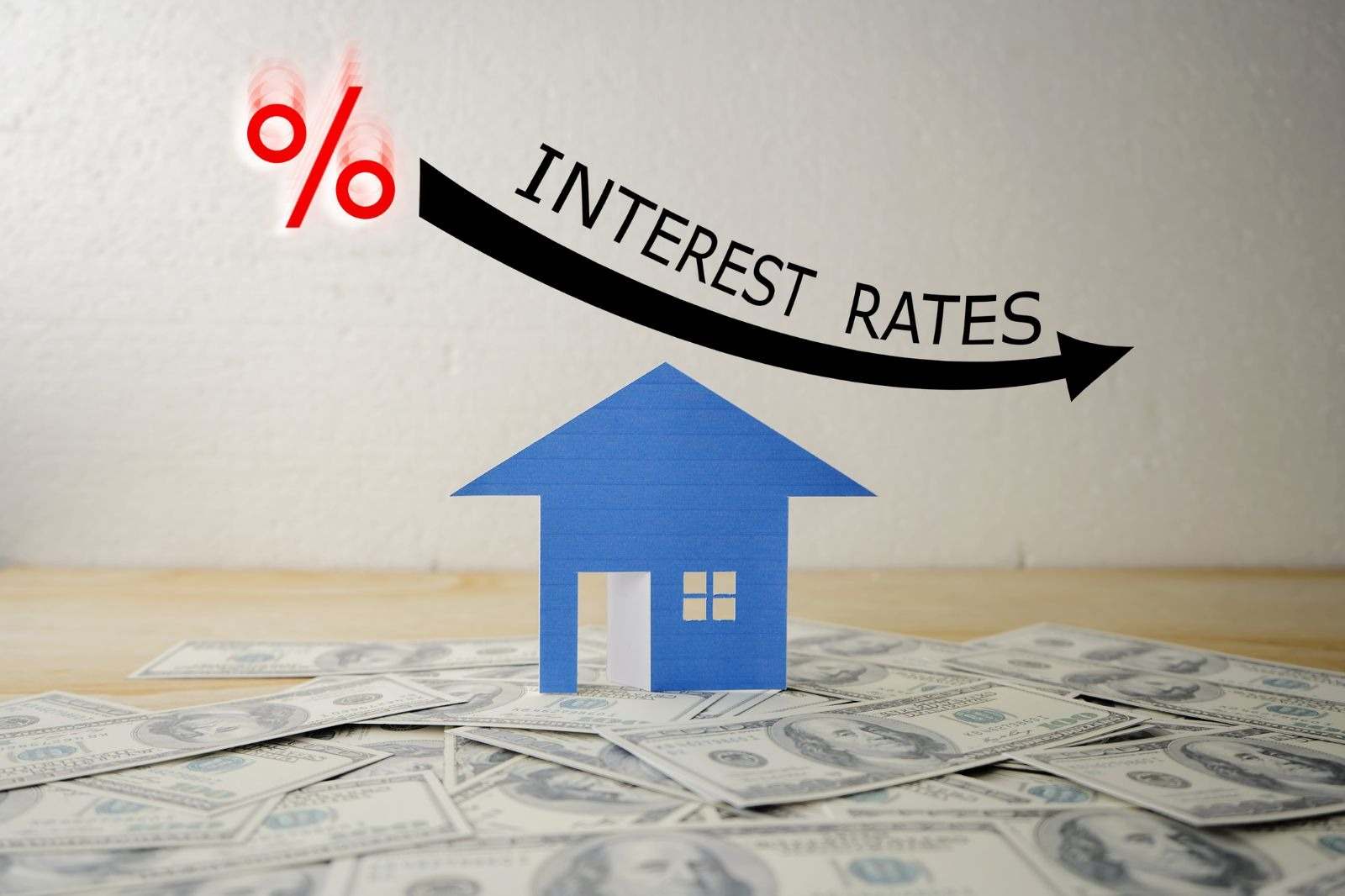Did you know that 85% of construction projects face delays due to contractor inefficiencies? This startling statistic highlights the importance of choosing the right general contractor for your residential real estate investments. A good contractor can streamline your project, making it smooth, on budget, and profitable. In contrast, the wrong choice can lead to costly delays and frustrations.
Hiring the right general contractor is crucial for ensuring your construction project’s success. From managing permits to coordinating with subcontractors, a skilled contractor handles all the details. This article will guide you through the steps to vet and select the most qualified contractor for your needs, saving you time and money in the process. Let’s ensure your next project goes off without a hitch.

1. The Role of a General Contractor
What Do They Do?
A general contractor is responsible for overseeing the entire construction process. They coordinate different aspects from start to finish, ensuring everything goes smoothly. Contractors manage subcontractors, handle permits, and create schedules. They ensure all work meets compliance standards for safety and quality. This role is vital for keeping your project on track and avoiding costly setbacks.
Why It Matters for Investors
For investors, having a skilled general contractor means higher returns on investment (ROI) and reduced risks. Quality contractors ensure that projects are completed on time and within budget. They manage unexpected issues efficiently, minimizing delays and additional costs. A trusted contractor adds value by making sure your investment property is constructed to high standards, making it more attractive to potential buyers or renters.

2. Step-by-Step Guide to Vet the Right Contractor
Conduct Thorough Research
Start by seeking referrals from friends and colleagues. Look for online reviews on trusted websites. Explore professional associations for reputable contractors. Utilize resources like the Better Business Bureau (BBB) and local licensing boards to verify contractor reliability and ratings.
Verify Licenses, Certifications, and Insurance
Check that the contractor has the proper licensing required by your state and project type. Verify they have liability insurance and worker’s compensation insurance. This step protects you from legal and financial issues if something goes wrong during construction.

Request and Review Portfolios

Ask contractors for portfolios of their previous residential projects. Look for projects similar to yours. Evaluate the quality of their work, project timelines, and complexity. A solid portfolio is a good indicator of their capability and experience.

Interview Contractors
Conduct face-to-face or virtual interviews with potential contractors. Ask about their past experiences, preferred subcontractors, and estimated timelines and budgets. Pay attention to their communication style and professionalism. This helps in assessing their reliability and compatibility with your project goals.
Compare Detailed Bids
Request detailed bids from at least three contractors. Review the cost breakdowns for labor, materials, and contingencies. Ensure there is transparency in the bids. This helps you understand what you are paying for and identifies any hidden costs.
Look for Warning Signs
Avoid contractors who demand large upfront payments. Be cautious if they hesitate to provide references or portfolios. Lack of clear communication is a red flag. These signs often indicate potential problems down the line.
3. Building a Strong Contractor Partnership
Establish Expectations Early
From the start, set clear expectations with your contractor. Define roles, project timelines, and payment terms in writing. This helps prevent misunderstandings. A detailed contract that outlines all tasks and responsibilities can serve as a guide throughout the project.

Communicate Regularly
Regular communication is key to a successful partnership. Schedule weekly updates or site walkthroughs to track progress and handle issues promptly. Open lines of communication ensure everyone is on the same page and helps prevent small problems from becoming big ones.
Problem-Solve Together
When issues arise, work together to find solutions. Address delays or complications with professionalism and flexibility. Collaborative problem-solving can keep the project on track and maintain a positive working relationship, leading to a smoother construction process.

4. Frequently Asked Questions (FAQs)
How Many Contractor Bids Should I Request Before Making a Decision?
Ideally, request at least three bids to compare pricing, scope, and quality. This helps you find the best value and understand the market rates.
What’s the Most Critical Credential to Look for in a Contractor?
Licensing and insurance are non-negotiable. These credentials protect you legally and financially, ensuring the contractor meets industry standards.
Can I Negotiate a Contractor’s Estimate?
Yes, but focus on balancing cost and value. Avoid bids that seem unrealistically low as they may result in poor-quality work or hidden costs later.
What Should Be Included in a Contractor’s Contract?
A contract should detail the scope of work, payment schedule, timelines, warranties, and dispute resolution terms. Clear contracts prevent misunderstandings and protect both parties.
How Do I Verify if a Contractor is Insured?
Request their insurance certificate and confirm it with the issuing provider. Verified insurance ensures you are protected against potential liabilities.
Conclusion

Hiring the right general contractor is crucial for the success of your residential project. Thorough vetting, clear communication, and established expectations can make a significant difference. By following the outlined steps, you can avoid common pitfalls, save time and money, and ensure a smooth construction experience.
Remember, due diligence is key. From researching potential contractors to establishing strong partnerships, every step is important. Hiring a qualified contractor will not only enhance your project’s outcome but also maximize your investment.
Need expert advice on your next residential project? Contact us at Elysium Real Estate Investments LLC today, and let our real estate advisors guide you from blueprint to build or even introduce several of our licensed contractors who uphold the highest contracting standards within the industry!
Legal Disclaimer: The content provided in this blog is for informational purposes only and does not constitute financial, legal, or investment advice. Elysium Real Estate Investments LLC does not guarantee the accuracy, completeness, or reliability of the information shared. Readers should consult with qualified professionals, including legal, tax, and investment advisors, to address their specific circumstances and goals before making any financial or real estate investment decisions. Elysium Real Estate Investments LLC disclaims any liability for actions taken or not taken based on the information presented in this blog. All investments involve risk, including the potential loss of principal.
LEARN TO INVEST WITH US.
We accept queries from accredited domestic and foreign investors seeking single and small multifamily investment opportunities.















